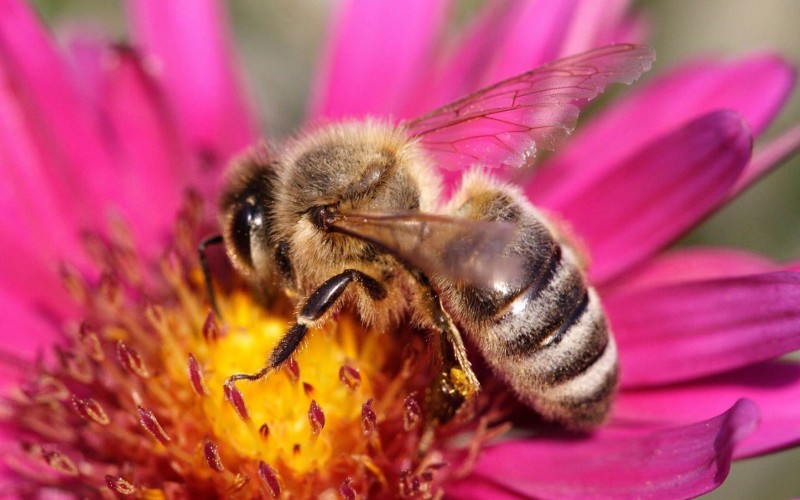The economic value of Nigeria’s bees was brought into sharp focus in August 2018, when the Federal Ministry of Agriculture and Rural Development announced that bees could outstrip oil for economic activity. Furthermore, the minister responsible declared that ApiExpo Africa 2018 would focus on sustainability amid this potential. Clearly, the vast resources in rural Nigeria have caught the attention of national authorities, bringing opportunities for both the economy and the ecosystem.

In addition to this, the benefits of bee pollination has already been touted as a solution to famine across the continent. Respecting nature’s helpers and helping to flourish will therefore represent a symbiotic relationship for the country and its growers. What principles need to be observed, and what steps should be taken, to protect bees and responsibly grow the industry?
Enhancing local ecosystems and protecting them
Given the economic potential for honey and its emerging markets, its predictable that people are becoming more involved with beekeeping, from those seeking to farm honey by erecting their own builds to developing bee-positive gardens. However, simply erecting a hive isn’t enough to guarantee safe growth and protect the flying insects. Chemicals are commonly used in a wide range of applications and are dangerous to the bee – Greenpeace outline how 150 different chemicals, dubbed a “toxic cocktail” have been found in pollen residue. To its credit, the Nigerian government have instilled measures to proactively manage this problem; a ban on bee-killing compounds commenced in early September 2018. Taking this measure seriously and making other changes to the environment to benefit bees – the planting of bee-positive plants for example.
Harnessing economic growth in a responsible manner
While honey is a delicious and natural source of nutrition, the farming processes to create cheap, mass-manufactured honey are not always as friendly. In the USA, Harvard College found that the use of mass honey bee hives in areas where they do not naturally occur creates an ecological disaster, featuring species extinction and epidemic disease. Having naturally farmed and grown hives is crucial; over-farming and introduction of invasive species is demonstrably disastrous.
How honey can create social change
The headline for honey production is the money it creates. It will aid environmentalism, food shortages, and when done ethically, benefit the ecosystem and reduce reliance on artificial foods. What does it do for the community? According to a study conducted by the Federal University of Technology Owerri, a lot. Rural and impoverished beekeepers in Imo State obtained gains of N26,100 after the initial outlay, helping to alleviate poverty, establish businesses and help people to improve their quality of life.
Between the economic benefits honey can bring Nigeria, the proactive measures taken by the federal government and the activity of farmers, beekeeping may bring about a bright future for rural Nigeria. Going forward, it will be key to protect the environment by minimising the use of harmful pesticides. Crucially, all growth must be natural and without intensive farming methods.
By Cassandra Ally
